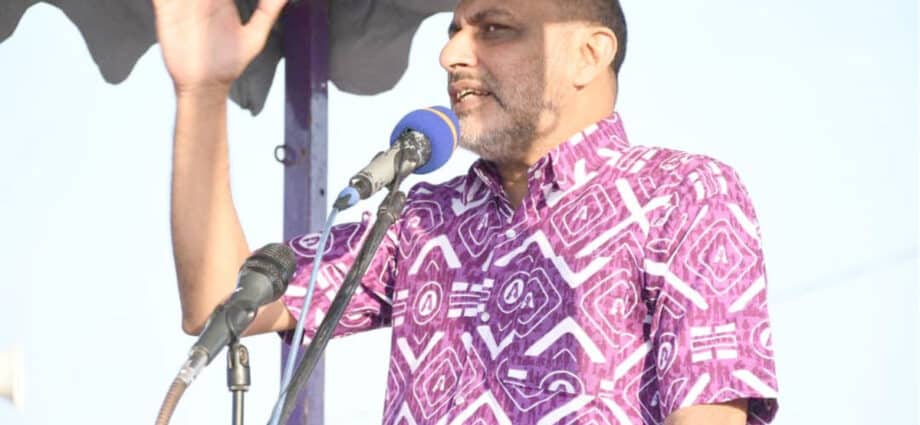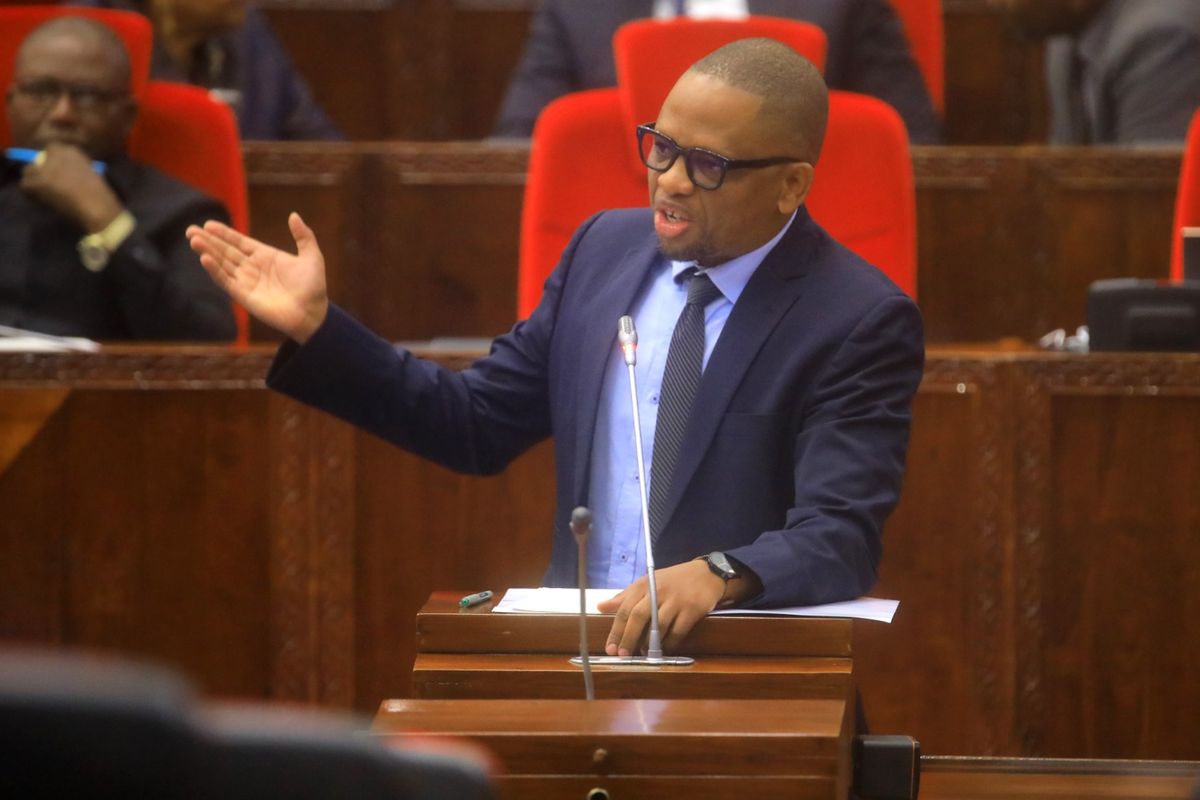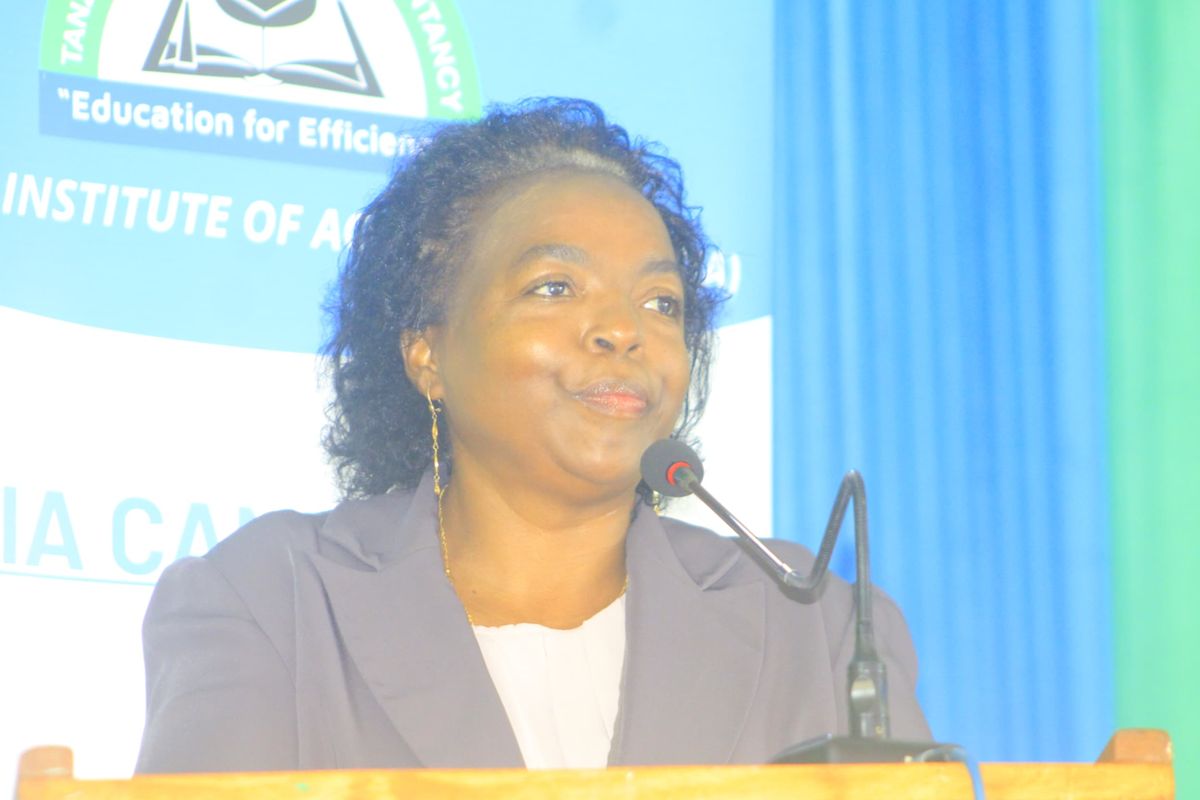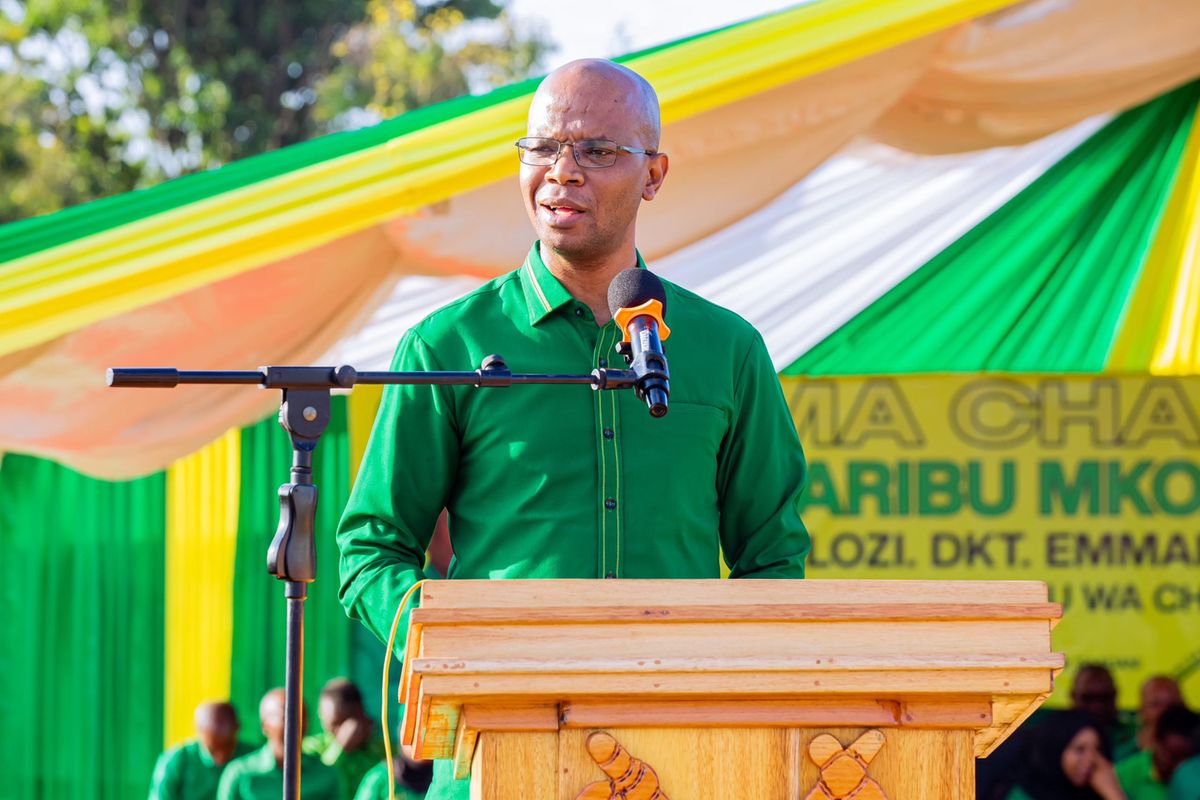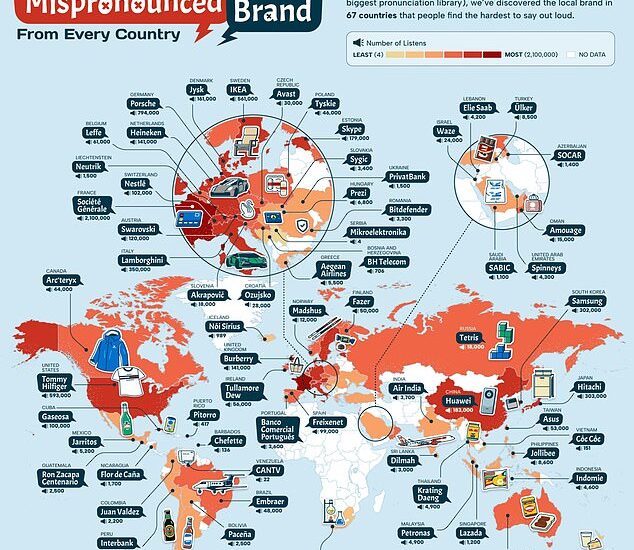ACT Wazalendo says Zanzibar’s debt is unsustainable
In a public rally on Sunday ACT-Wazalendo Vice Chairman, Ismail Jussa Ladhu highlighted the staggering increase in foreign debt, which surged from Sh155.8 billion in 2020 to the current amount, representing a 609.3 percent rise, with little tangible progress to show for itContinue Reading

